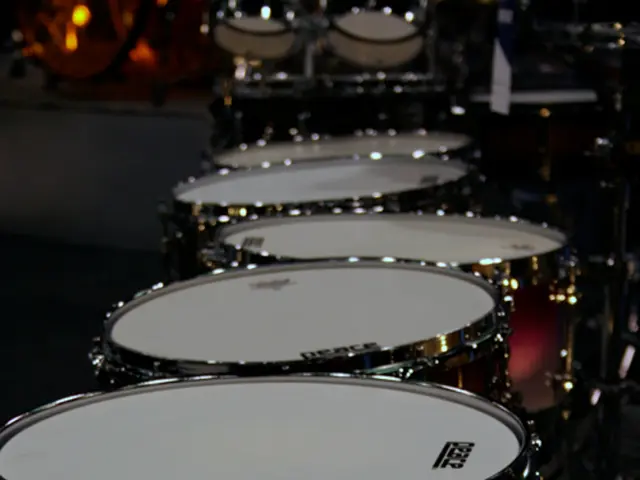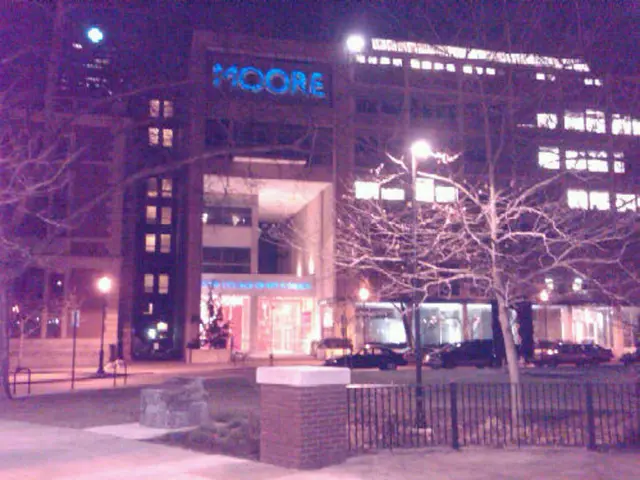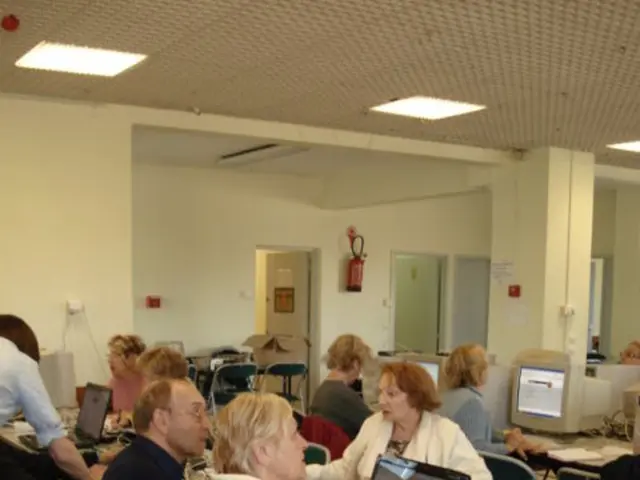Tightened US Sanctions Aimed at Restricting Medical Aid in Cuba and Venezuela
Fresh Take:
Mexico City, Mexico, February 26, 2025 - In an unexpected twist, US Secretary of State Marco Rubio announced a tightening of sanctions against Cuba and Venezuela, expanding existing visa restrictions on Cuba's overseas medical missions. A staunch critic of these missions, Rubio, the son of Cuban immigrants who fled before the Cuban Revolution of 1959, labeled them as "forced labor" and "abusive and coercive labor practices" in a declaration.
Critics swiftly condemned the move to undermine Cuba's healthcare initiatives, with Cuban President Miguel Diáz-Canel questioning the US State Department's justification. "The US State Department should clarify to Americans and the international community how compromising Cuban medical services, which millions of people in numerous countries depend on, benefits their country," Diáz-Canel stated.
The expanded visa restrictions will primarily target "current or former Cuban government officials" involved with medical brigade programs. However, the communique also mentioned the potential inclusion of "foreign government officials" connected to the program, raising the possibility of ensnaring leaders from other nations, notably Venezuela.
Approximately 30,000 Cuban doctors were reportedly working in Venezuela, primarily in low-income neighborhoods. Cuba's extensive medical cooperation initiative has sent over 600,000 doctors worldwide, primarily to underfunded Global South countries in need. Cuba's medical support was crucial during the Covid-19 pandemic, supplying vaccines that Venezuela struggled to secure due to US sanctions.
Marco Rubio has long championed the effort to undermine Cuba's medical brigades, especially since his time as a Florida senator. In 2020, Rubio co-presented legislation aiming to dismantle the program alongside former Senator Bob Menendez, a convicted felon.
This escalation of sanctions represents the latest move in Rubio's hardline policy toward allied Latin American nations.
Insights:
- Mixed Responses: The US's attack on Cuban medical services has sparked controversy, with multiple leaders prioritizing Cuban medical aid over US visas. Caribbean nations like Saint Vincent and the Grenadines have defended the missions, citing their essential role in their healthcare systems.
- Global Healthcare Access: The US's visa restrictions on Cuban officials could impact healthcare access in Global South countries, where Cuban doctors provide critical care in underfunded systems. The sanctions could strain economies by forcing countries to choose between diplomatic ties with the US and Cuban medical support.
- Labor Rights Debate: The US frames Cuban missions as "forced labor" due to withheld salaries and passports; however, Global South nations argue Cuban doctors operate under state-to-state agreements.
- Given the recent announcement by US Secretary of State Marco Rubio, a heated debate on the issue of Cuban labor in medical missions has arisen in (politics and general-news), with critics questioning the justification for the tightening of sanctions against Cuba's overseas medical missions.
- In an effort to clarify the situation, Cuban President Miguel Diáz-Canel sent out a strong statement, asserting that the US State Department should explain to both Americans and the international community how curtailing Cuban medical services benefits the United States when millions of people worldwide rely on their services.
- The tension between the United States and Cuba over medical missions is not just a (health-and-wellness) issue but also a (policy-and-legislation) concern, as legislations aimed to dismantle the program have been presented, such as the one co-proposed by Marco Rubio in 2020.
- As the debate over forced labor and medical services unfolds, the situation raises concerns about (science) and (medical-conditions), considering the critical role Cuban doctors play in providing healthcare in underfunded Global South countries.
- In response to the growing controversy, multiple leaders from Caribbean nations like Saint Vincent and the Grenadines have come out in support of Cuba's medical missions, emphasizing their vital role in the healthcare systems of these countries.









